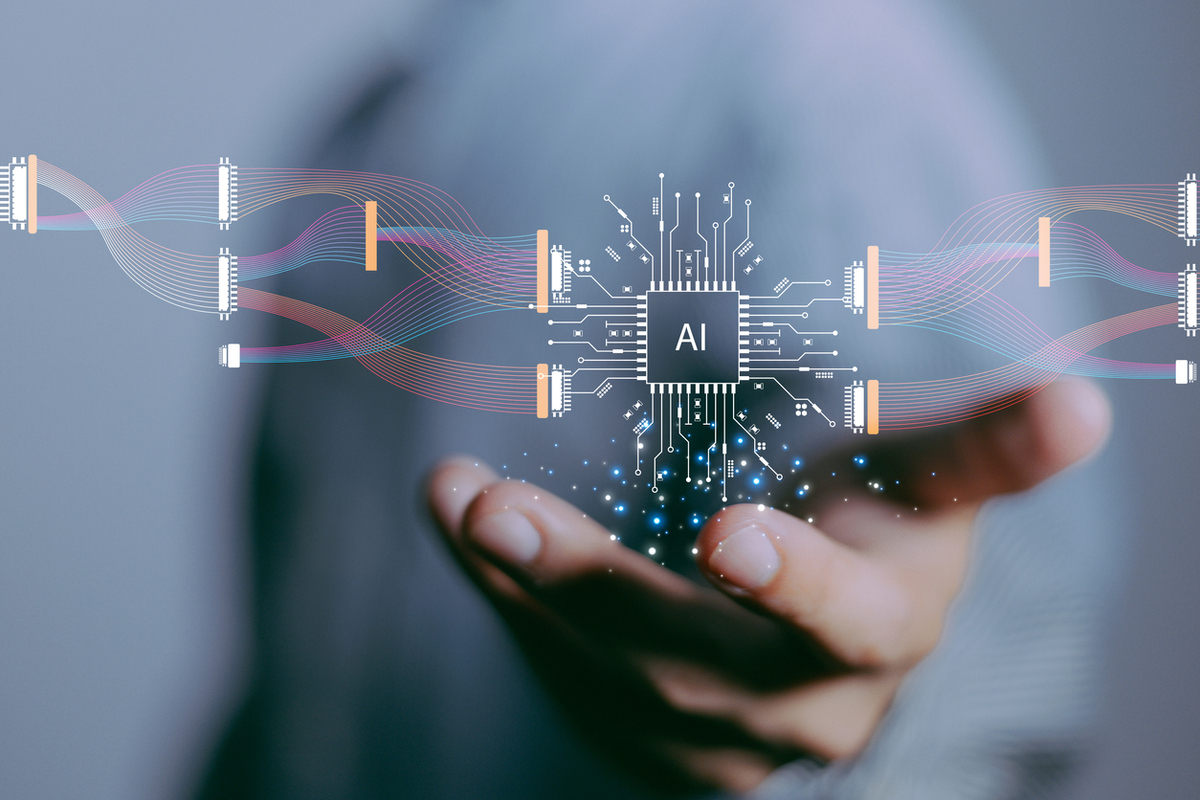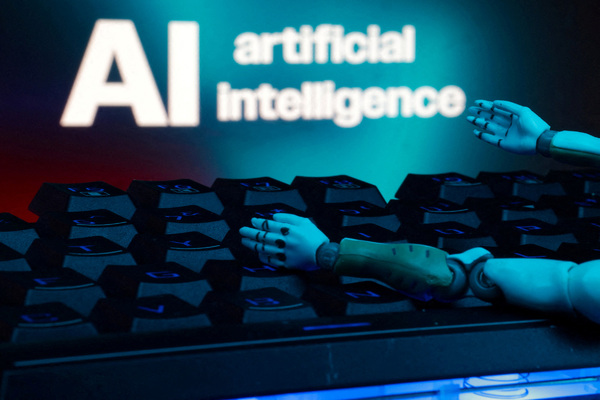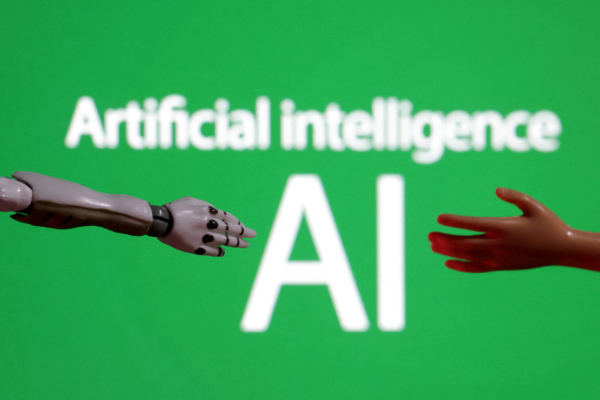Strategy for a smarter tomorrow: embracing AI at scale
Sponsored by Schneider Electric
Artificial intelligence (AI) has not only revolutionised the way we conduct business but has also created an enormous opportunity to drive innovation, customer satisfaction and sustainable business development. It has quickly become a key pillar in the strategy for growth in today’s digital era. But what are the success factors for implementing AI at scale? And what is the significance of frugality with AI?
A glimpse into the AI’s enormous potential
A PwC report suggests that, by 2030, AI will have the potential to boost global economic activity by an estimated $15.7 trillion, a staggering figure that represents a significant impact on the world’s economy. Similarly, AI can have tremendous impact on the planet in terms of its sustainability, by helping optimise entire sectors such as energy, infrastructure and industrial processes. However, these impacts won’t happen overnight. They need to be realised one successful AI project after another – and mustn’t be taken for granted.
To succeed in AI projects, or embrace AI at scale to achieve desired results, requires a clear and consistent strategy.
First, we need solid data foundations and robust data governance. A unified approach to data is crucial for data scientists and domain experts to build reliable AI algorithms. It allows them to easily access operational data throughout the whole life-cycle, instead of spending countless hours trying to find the right data in fragmented platforms. To effectively put this data to work, it must be governed through a set of golden rules ensuring its quality and conformity (authoritative sources, references, governed data platforms) from the data source to the application where data is consumed.
Secondly, as in any digital transformation initiative, it’s the people who hold the key to success, not the tech. It’s worth remembering this when considering the risk of failure – it’s the humans, their domain knowledge and agility that truly deliver value from AI projects.
Securing recurrent optimisation gains
AI empowers business decision makers and experts to forecast, monitor, and analyse their data in real time. This is uniquely helpful for recurrent recalibration of assets such as machines and buildings, or entire processes, such as manufacturing. Thanks to AI, this continuous, data-based optimisation can be done automatically. A noteworthy successful example is the winner of the Gartner 2022 Supply Chain Award for Process or Technology Innovation, Schneider Electric’s “self-healing” supply chain. For this use case, we used machine learning to optimise performance-related parameters of our supply chain, such as safety stock quantity, minimum order quantities, and lead times, on a real-time basis. All this data and automation helps us to serve our customers better today and tomorrow.
The value of AI optimisation lies in enabling resource efficiency. Energy is a great example. No matter if it is an office building or a semi-detached house, AI can be used to control its energy consumption and decrease its carbon footprint at the same time, giving its owners a powerful advantage in the journey to net zero.
Another valuable resource AI can help save is time. Accelerating traditionally time-consuming and repetitive tasks is something customers, employees and business owners expect and appreciate from AI. This is where generative AI (GenAI) tools come in, with their remarkable potential of generating marketing content, assisting sales operations and even creating programming code.
Embracing frugality in digital transformation
However, succeeding in AI projects does not mean blindly implementing AI for everything and everywhere. Each business case should be examined individually. Leaders should consider aspects such as scalability, the value provided to the end-users and the environmental impact of AI itself.
As there are thousands of possible AI applications for various domains, there are also use cases where AI is not the best solution. This particularly refers to generative AI, which can create content from unstructured data. Technologies such as deep learning and machine learning can prove to be just as valuable and more sustainable at the same time, especially when providing valuable insights.
Following the frugal approach means focusing on resources and prioritising the core areas of improvement. From a business perspective, this approach helps to objectively choose the right technology and partners – a difficult task with the AI market becoming more and more competitive.
People hold the key to success
The journey to embracing AI is truly immersive. We are experiencing a huge leap in digital transformation. At Schneider Electric, we focus on how AI can support our fight against the climate crisis through successful business use cases. However, as powerful as AI is, it does not implement itself. Its success or failure still depend on humans – their knowledge, expertise and problem-solving skills are invaluable. That’s why AI upskilling and reskilling must be included in a good AI strategy.
by Peter Weckesser, Chief Digital Officer, Schneider Electric

Business Reporter Team
Most Viewed
Winston House, 3rd Floor, Units 306-309, 2-4 Dollis Park, London, N3 1HF
23-29 Hendon Lane, London, N3 1RT
020 8349 4363
© 2025, Lyonsdown Limited. Business Reporter® is a registered trademark of Lyonsdown Ltd. VAT registration number: 830519543





